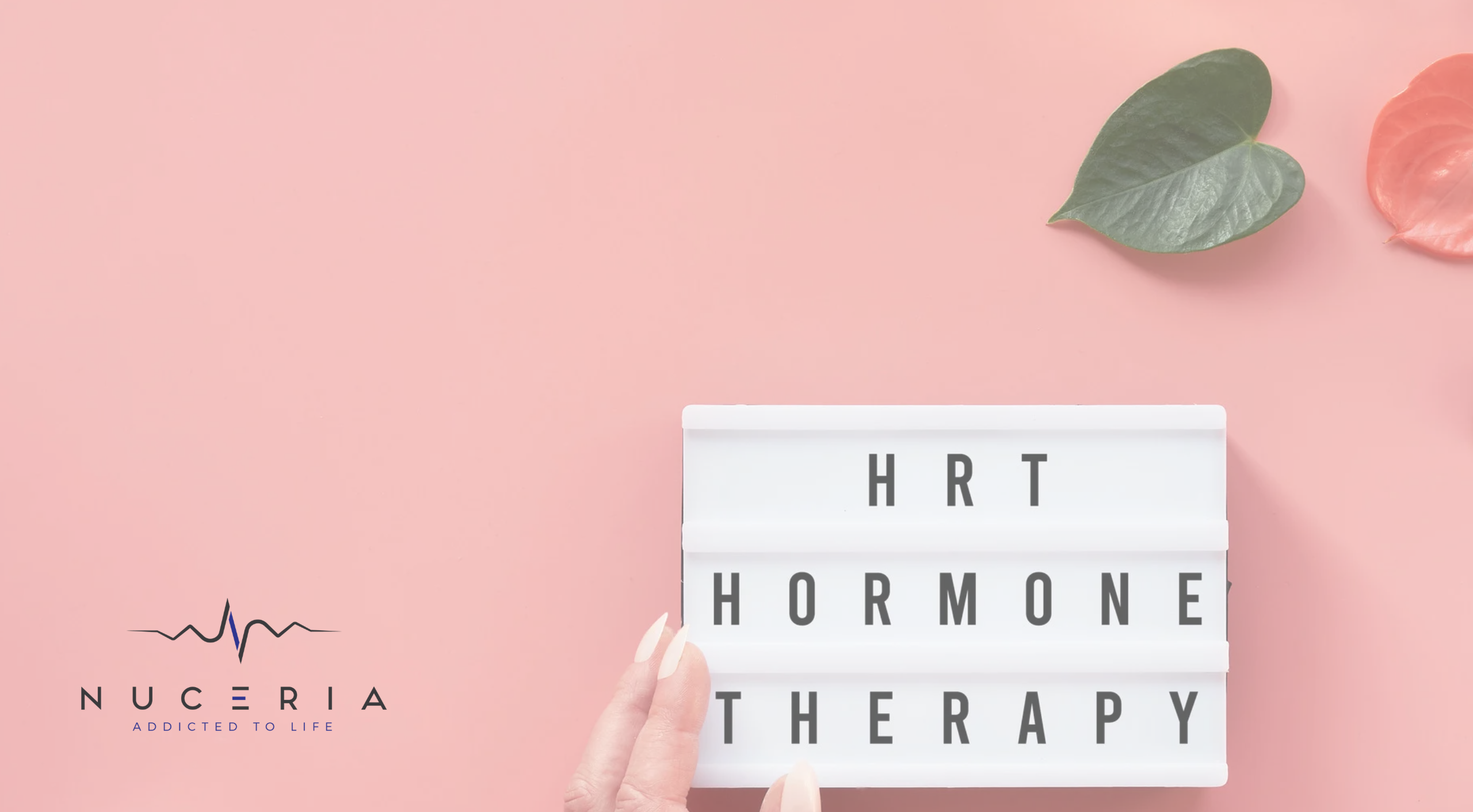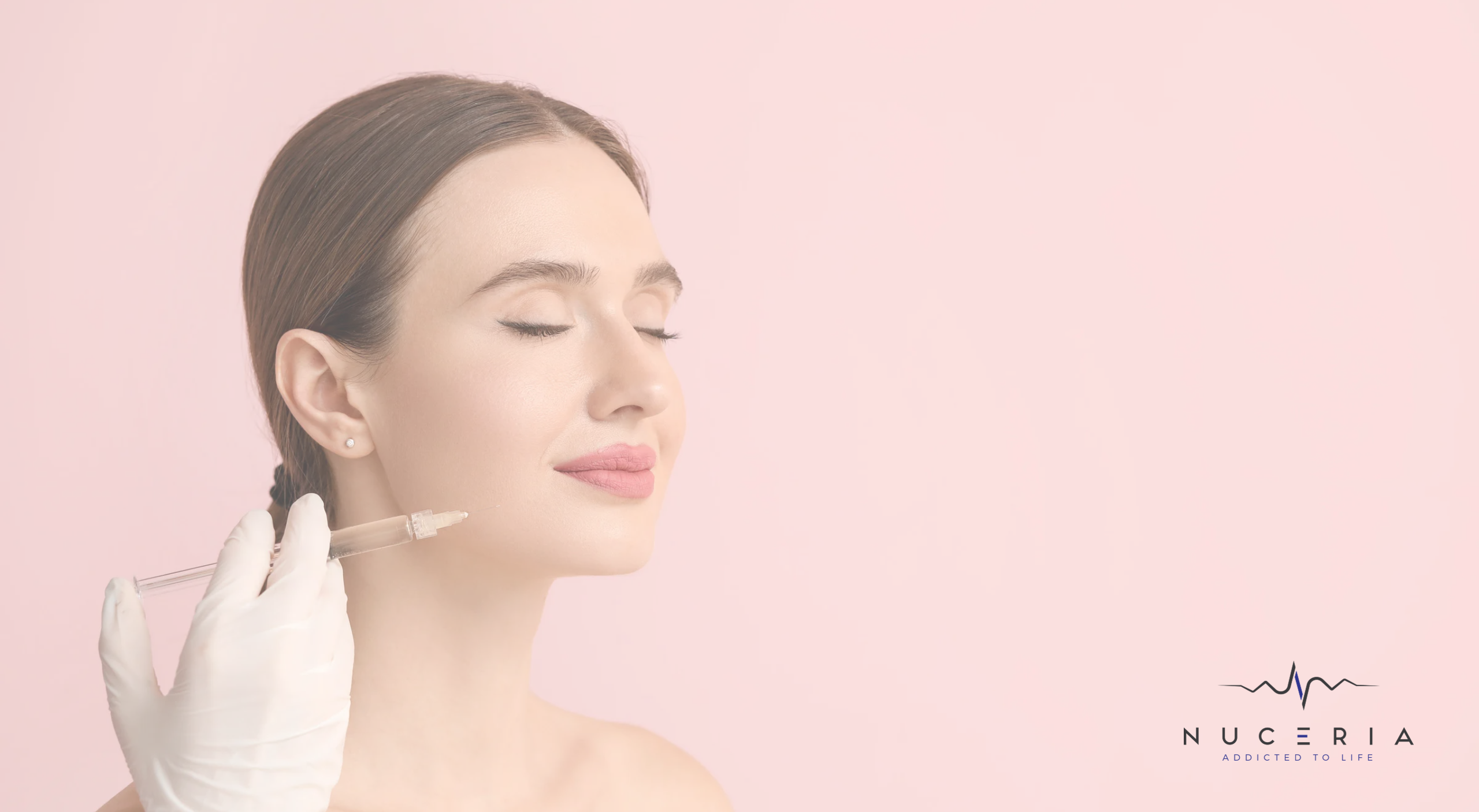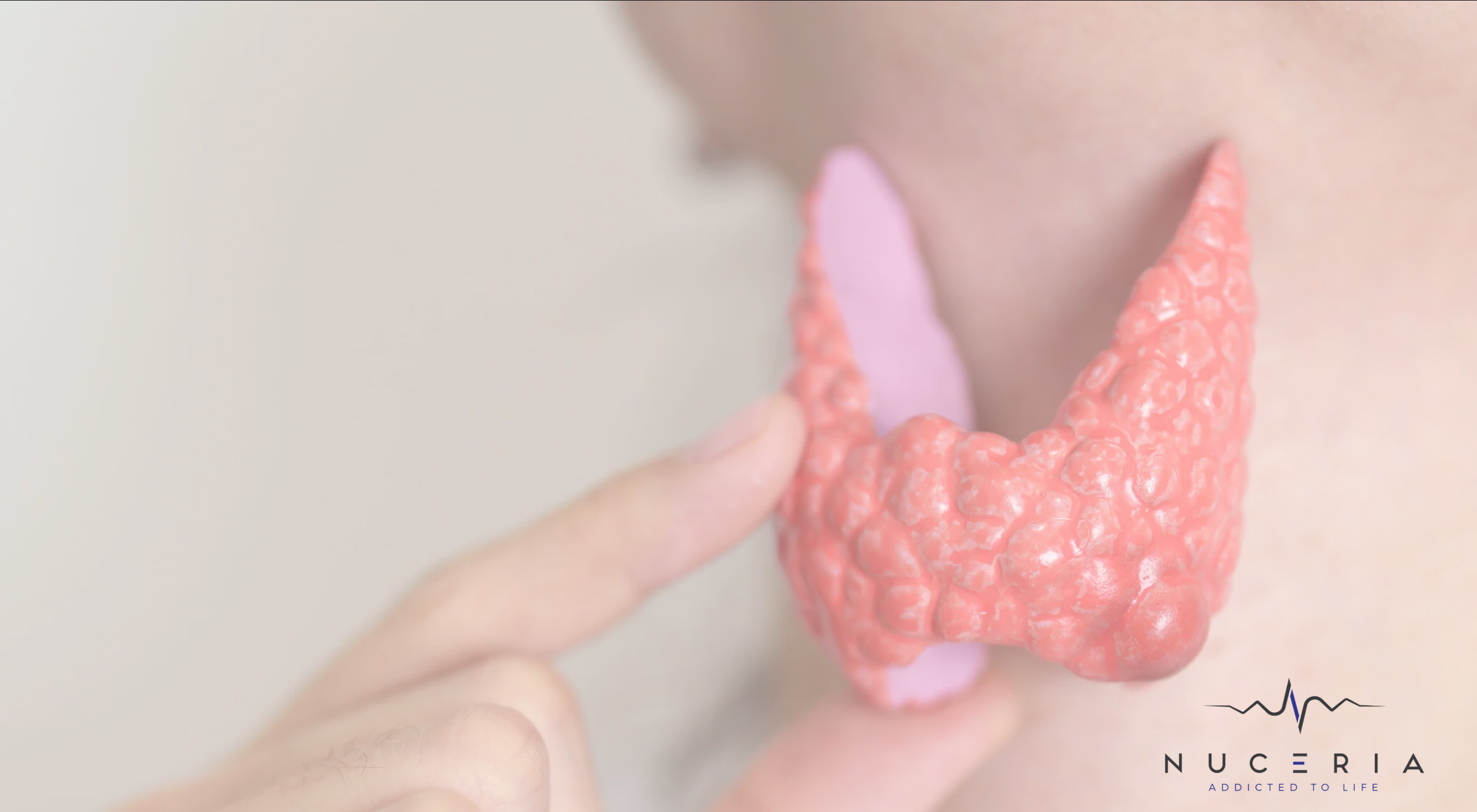Is Hormone Replacement Therapy Right for You?
In today's medical landscape, hormone replacement therapy (HRT) has become a crucial option for addressing hormonal imbalances. It provides promising solutions for managing menopausal symptoms and other hormonal issues. However, it's important to consider the factors that determine whether someone is a suitable candidate for HRT and the conditions that might make it unsuitable.
Who's a Candidate for HRT?
Ideal candidates for hormone replacement therapy generally include:
1. Women Experiencing Menopausal Symptoms: Those who suffer from hot flashes, night sweats, vaginal dryness, and other menopausal symptoms may benefit significantly from HRT. These symptoms often interfere with daily life, and HRT can provide relief.
2. Women with Early Menopause or Primary Ovarian Insufficiency: Women who experience menopause before age 40 or have primary ovarian insufficiency may use HRT to manage symptoms and help prevent the long-term health risks associated with early menopause, such as osteoporosis and cardiovascular disease.
3. Individuals with Hormonal Imbalances: Those with conditions such as hypogonadism, where the body doesn't produce enough hormones, may find HRT beneficial to normalize hormone levels.
4. Post-Hysterectomy Patients: Women who have had their ovaries removed during a hysterectomy may use HRT to manage the abrupt onset of menopausal symptoms because of the sudden loss of hormones.
However, HRT may not be suitable for individuals with certain health conditions:
- Breast Cancer History: One of the crucial considerations in HRT candidacy is a history of breast cancer. Individuals with a past diagnosis of breast cancer may not be suitable candidates for HRT, including pellet therapy, because of concerns about the potential for estrogen to stimulate cancer growth. Thus, alternatives might be explored to manage menopausal symptoms without using hormone therapy.
- Blood Clots and Clotting Disorders: Those with a history of blood clots or clotting disorders need careful evaluation before starting HRT, including pellet therapy. Estrogen-based therapies can increase the risk of blood clots, so individuals with such medical histories may not be advised to undergo hormone replacement therapy.
- Liver Function: Liver health plays a significant role in metabolizing hormones. Conditions like liver disease can affect hormone metabolism and clearance, making HRT, including pellet therapy, potentially risky. In such cases, alternative treatments or careful monitoring may be recommended
- Blood Pressure Management: High blood pressure, especially if poorly controlled, can pose challenges with HRT, including pellet therapy. Estrogen therapy may elevate blood pressure levels further, necessitating careful monitoring or exploration of alternative treatments.
- Diabetes Control: Uncontrolled diabetes can exacerbate cardiovascular risks, and hormone replacement therapy, including pellet therapy, might further impact cardiovascular health. Therefore, individuals with uncontrolled diabetes may not be ideal candidates for HRT.
- Endometrial Health: For those with conditions like endometrial hyperplasia or cancer, estrogen therapy without progestin may not be recommended, including pellet therapy, because of the risk of worsening the condition. Assessing endometrial health before initiating hormone replacement therapy is crucial.
- Migraine Patterns: Estrogen therapy could worsen migraines, especially those accompanied by aura. Individuals with severe migraines, particularly with aura, may need careful consideration before opting for hormone replacement therapy, including pellet therapy.
- Liver or Kidney Disease: Severe liver or kidney disease can impair hormone metabolism and clearance, making HRT, including pellet therapy, potentially unsafe. Close monitoring and alternative treatments may be necessary for individuals with such conditions.
- Cardiovascular Health: Those with a history of severe cardiovascular disease, including heart attacks or strokes, may face increased risks with hormone replacement therapy, including pellet therapy. Careful evaluation of cardiovascular health is essential before considering HRT.
- Pregnancy and Breastfeeding: Hormone replacement therapy, including pellet therapy, is generally not recommended during pregnancy or breastfeeding because of potential risks to the fetus or infant. Alternative approaches are explored to manage hormonal issues during these periods.
Types of Hormone Replacement Therapy (HRT)
HRT comes in various forms, each with its delivery method, benefits, and considerations. Here, we'll explore the different types of HRT, including the increasingly popular pellet therapy.
Oral Hormone Replacement Therapy
Form: Pills/Tablets
Description: This is one of the most common forms of HRT. It involves taking hormone pills, usually estrogen or a combination of estrogen and progestin, daily.
Convenient and easy to take.
- available and often covered by insurance.
- can increase the risk of blood clots and stroke.
- must be taken consistently at the same time each day.
2. Transdermal Hormone Replacement Therapy
Form: Patches, Gels, Creams
Description: Hormones are absorbed through the skin using patches, gels, or creams.
Pros:
- the liver, reducing the risk of blood clots.
- a steady release of hormones.
- may cause skin irritation.
- need to be changed regularly, and gels/creams applied daily.
Topical Hormone Replacement Therapy
Form: Creams, Gels, Sprays, Vaginal Rings
Description: Applied directly to the skin or vaginal area, these forms are absorbed locally and systemically.
Pros:
- can be effective for localized symptoms like vaginal dryness.
- systemic absorption reduces some risks.
- may require frequent application.
- irritation is possible.
- Hormone Replacement Therapy
Injections
Description: Hormones are administered via regular injections, usually every few weeks.
Pros:
- a longer-term solution compared to daily pills.
- for those who may need to remember daily doses.
- involves needles, which may be uncomfortable for some.
- levels can fluctuate more compared to other methods.
- Hormone Replacement Therapy
Pellets
Description: Tiny pellets containing hormones are implanted under the skin, typically in the hip area, and release hormones steadily over time.
Pros:
- (three to six months), reducing the need for frequent dosing.
- consistent hormone levels without daily maintenance.
- a minor surgical procedure for implantation.
- for infection at the implantation site.
- Hormone Replacement Therapy
Form: Creams, Tablets, Rings
Description: Specifically targets the vaginal area, primarily for symptoms like dryness and discomfort during intercourse.
Pros:
- treatment of vaginal symptoms.
- systemic absorption reduces overall risks
- not address other menopausal symptoms like hot flashes.
- regular application or replacement.
Choosing the Right HRT
Choosing the correct type of hormone replacement therapy depends on various factors, including your specific symptoms, health history, lifestyle, and personal preferences. Consulting with a healthcare provider is essential to determine the most suitable form of HRT for your needs. Each type has its benefits and potential risks, so it's necessary to weigh these carefully in collaboration with your doctor.
In conclusion, while hormone replacement therapy offers promising solutions for managing hormonal imbalances, not everyone is a suitable candidate. Various medical conditions and personal health histories must be carefully evaluated to determine the appropriateness of HRT.
Request an appointment here: https://mynuceria.com or call Nuceria Health at (305) 398-4370 for an appointment in our Miami office.
Check out what others are saying about our services on Yelp: Wellness Center in Miami, FL.







